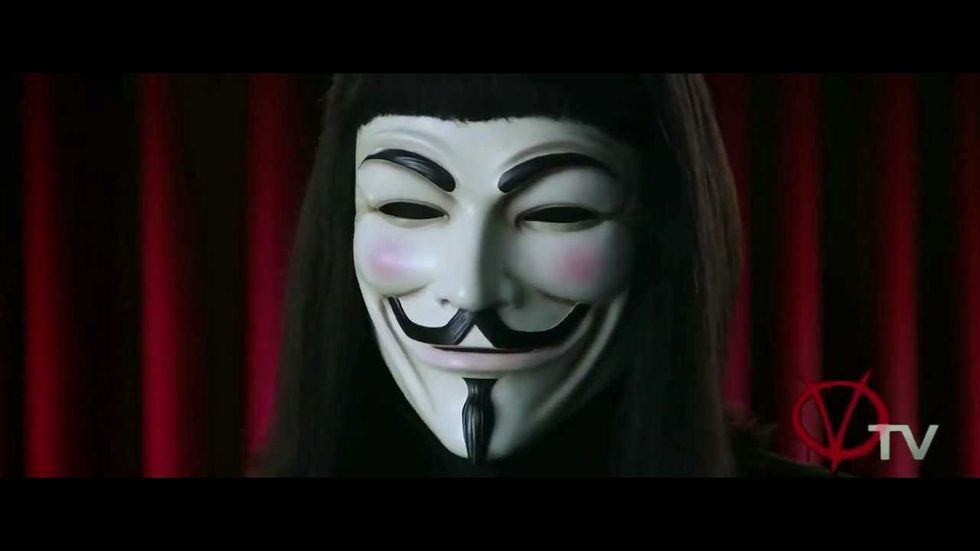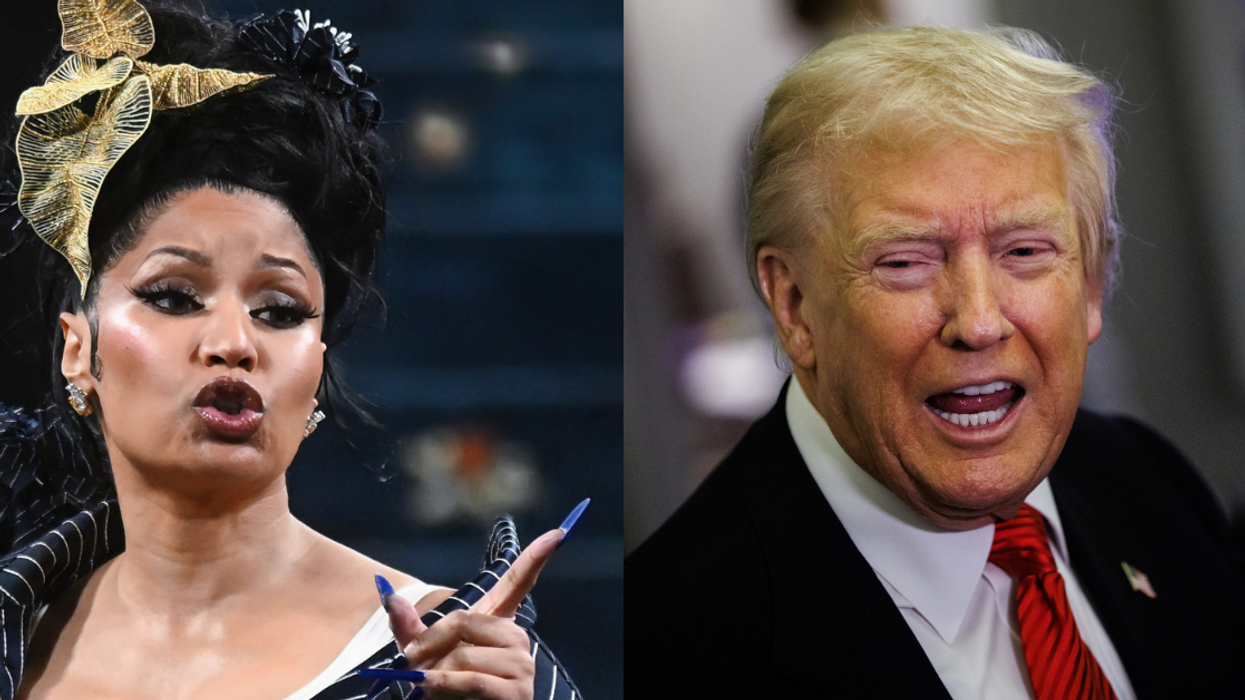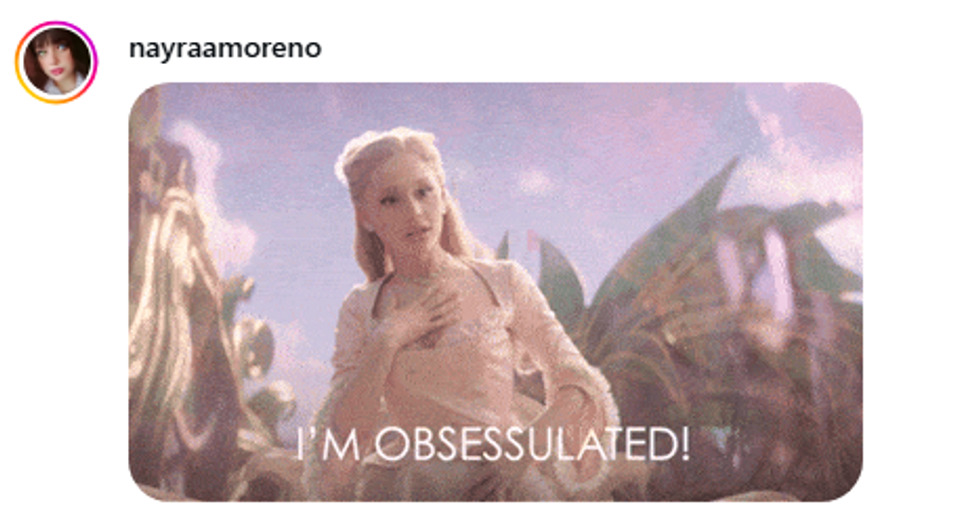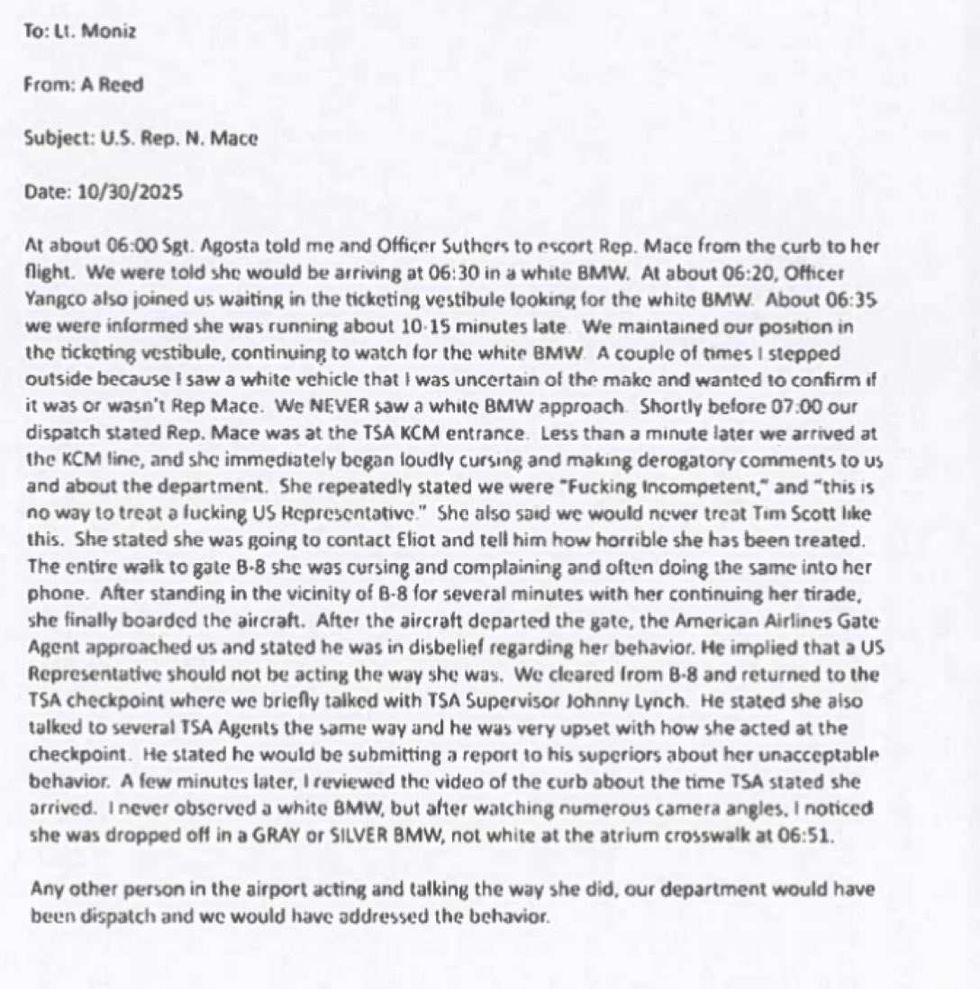Though associated with the infamous Guy Fawkes, traitor to the English crown and co-conspirator of the failed Gunpowder Plot of November 5, 1605, the Guy Fawkes mask as we know it today owes much of its popularity to a much more recent graphic novel.
Once known as a notorious traitor, Guy Fawkes is now held as a revolutionary hero in some communities. This is largely due to the influence of the 1980s graphic novel V for Vendetta by Alan Moore and David Lloyd, and the 2005 movie of the same name. The story's protagonist, "V," wore a Guy Fawkes mask while battling a future fascist establishment government in a dystopian United Kingdom.
Artist David Lloyd, the illustrator of the graphic novel on which the film was based, has said that the character V chose ""to adopt the persona and mission of Guy Fawkes – our great historical revolutionary."
Now, Guy Fawkes masks crop up everywhere, from Occupy Wall Street protests in New York City, to the hacker group Anonymous and other anti-establishment protest groups.
Except, Guy Fawkes wasn't the revolutionary that Moore, Lloyd, and many others believe he was.
Reinventing the Face of Resistance
Fawkes was merely a henchman, following the orders of the real revolutionary, Robert Catesby. In 1605, a gang of 13 Roman Catholic activists and conspirators, led by Catesby, plotted to use explosives to assassinate King James and many Parliament members during the opening of Parliament on November 5.
“Every generation reinvents Guy Fawkes to suit their needs,” explained historian William B. Robison of Southeastern Louisiana University. “But Fawkes was just one of the flunkies. It really should be Robert Catesby Day.”
The visage of Guy Fawkes truly has been reinvented today as the face of resistance toward totalitarian and fascist governing, and the creators of the mask are more than please it has become such a symbol.
"The Guy Fawkes mask has now become a common brand and a convenient placard to use in protest against tyranny - and I'm happy with people using it, it seems quite unique, an icon of popular culture being used this way," said Lloyd in conversation with BBC News.
And while Moore doesn't presume that the protestors who've worn his character's face are necessarily fans of his work, he did express some measure of satisfaction with the predicament. "I suppose when I was writing V for Vendetta I would in my secret heart of hearts have thought: wouldn't it be great if these ideas actually made an impact?" Moore confessed. "So when you start to see that idle fantasy intrude on the regular world... It's peculiar. It feels like a character I created 30 years ago has somehow escaped the realm of fiction."
Please SHARE this with your friends and family.
H/T: History.com, Wikipedia, BBC News, The Guardian








 @people/Instagram
@people/Instagram @people/Instagram
@people/Instagram @people/Instagram
@people/Instagram @people/Instagram
@people/Instagram @people/Instagram
@people/Instagram @people/Instagram
@people/Instagram @people/Instagram
@people/Instagram @people/Instagram
@people/Instagram





 @AuntSassyX
@AuntSassyX
 @dontburndinner/Instagram
@dontburndinner/Instagram @dontburndinner/Instagram
@dontburndinner/Instagram @dontburndinner/Instagram
@dontburndinner/Instagram @dontburndinner/Instagram
@dontburndinner/Instagram @dontburndinner/Instagram
@dontburndinner/Instagram @dontburndinner/Instagram
@dontburndinner/Instagram @dontburndinner/Instagram
@dontburndinner/Instagram @dontburndinner/Instagram
@dontburndinner/Instagram @dontburndinner/Instagram
@dontburndinner/Instagram @dontburndinner/Instagram
@dontburndinner/Instagram @dontburndinner/Instagram
@dontburndinner/Instagram @dontburndinner/Instagram
@dontburndinner/Instagram
